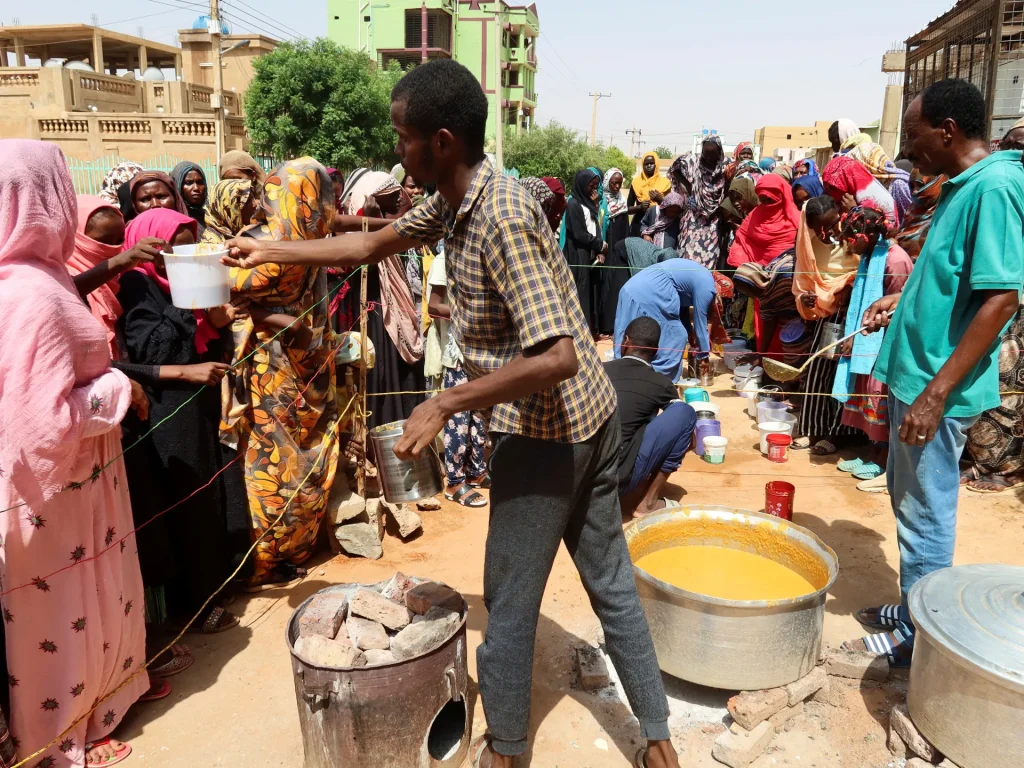The Sudan People’s Liberation Movement-North (SPLM-N), which controls the Nuba Mountains and parts of Blue Nile State, has declared a famine in these regions.
The SPLM-N reported severe food shortages affecting 20% of families and highlighted that 30% of children are suffering from malnutrition. An Arabic version of their statement described the crisis as a famine, attributing the dire situation to ongoing civil war and poor harvests.
The SPLM-N characterised the food crisis in these areas as the most severe in Sudan. The group noted that the meagre food supplies produced by local communities are being rapidly depleted.
Approximately 3.9 million people live in the SPLM-N controlled territories, including a large number of internally displaced persons from other parts of Sudan affected by the conflict between the Sudanese Army and the paramilitary Rapid Support Forces (RSF). The ongoing war has led to widespread food insecurity, impacting about half of Sudan’s 50 million population and creating what has been described as the world’s largest humanitarian crisis.
In June, the Integrated Food Security Phase Classification reported that 756,000 people across Sudan face catastrophic hunger. Both the Sudanese Army and the RSF have been accused of obstructing aid and damaging infrastructure vital for food production and distribution. The SPLM-N has also accused the army-aligned government in Port Sudan of selling aid meant for the affected regions and the RSF of closing markets.
The SPLM-N also alleged that civilian areas in the affected regions have been targeted through a “scorched earth” strategy, involving the burning of crops and homes, displacing residents, and blocking access to essential roads.

